22 December 2024
When it comes to buying a home, there’s a lot to think about—location, price, mortgage rates, interior finishes—you name it. But have you ever stopped to consider the relationship between your down payment and the eventual resale value of your home? These two factors might seem unrelated on the surface, but they’re like dance partners, moving in sync and impacting each other more than you might realize. Let’s dive into it, shall we?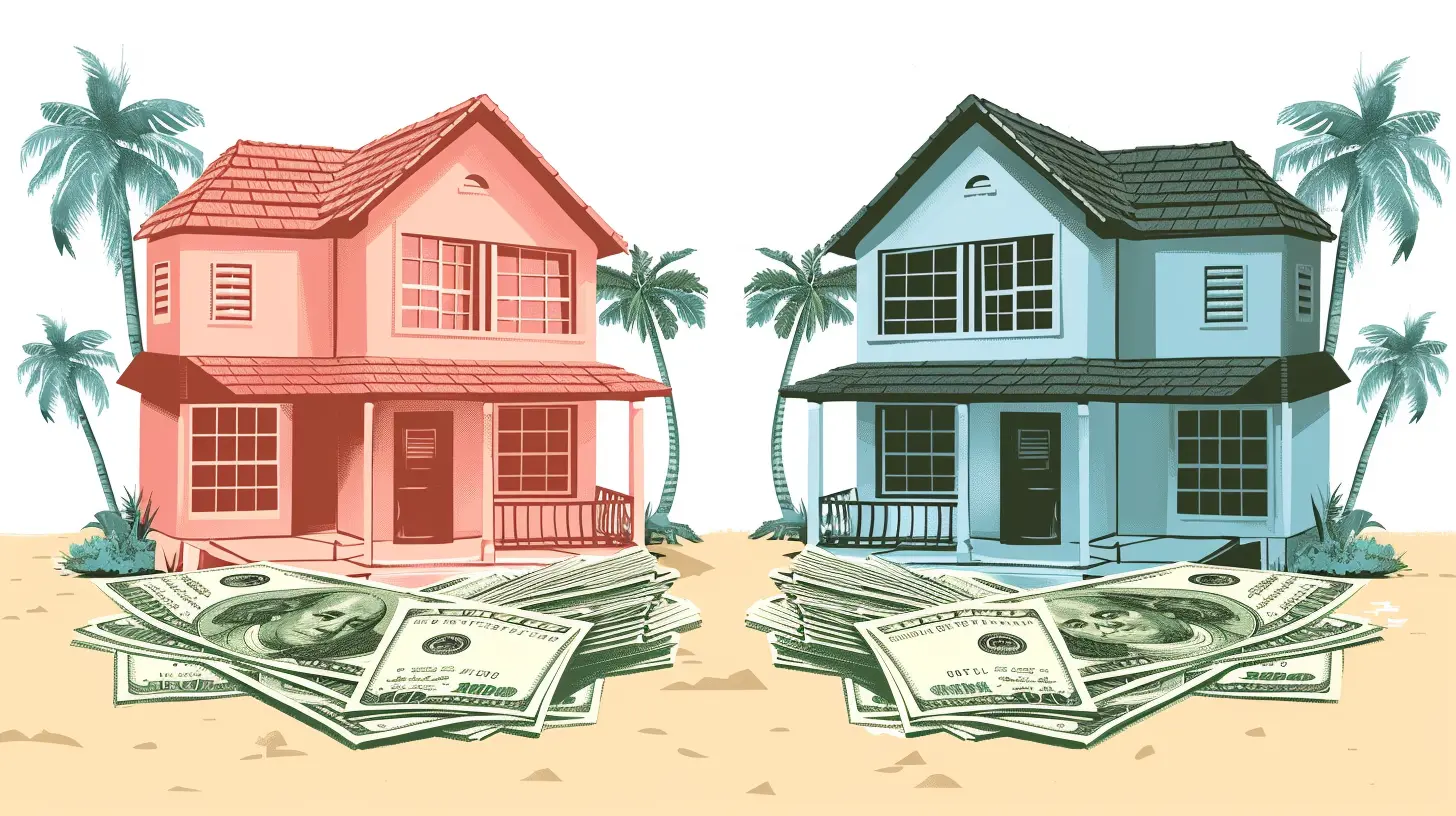
What is a Down Payment (and Why Does It Matter)?
If you’ve ever bought or even thought about buying a house, you’ve likely come across the term “down payment.” Put simply, it’s the upfront chunk of cash you pay when buying a home. It’s expressed as a percentage of the total purchase price, typically ranging anywhere from 3% to 20%, and sometimes even more.So, why does it matter? Well, your down payment sets the tone for the rest of the financial dance. It impacts how much you’ll need to borrow, your monthly mortgage payments, and even whether you’ll need private mortgage insurance (PMI). But beyond the immediate financial perks (or headaches), your down payment could also influence your home’s resale value down the road. Surprised? Let’s unpack that.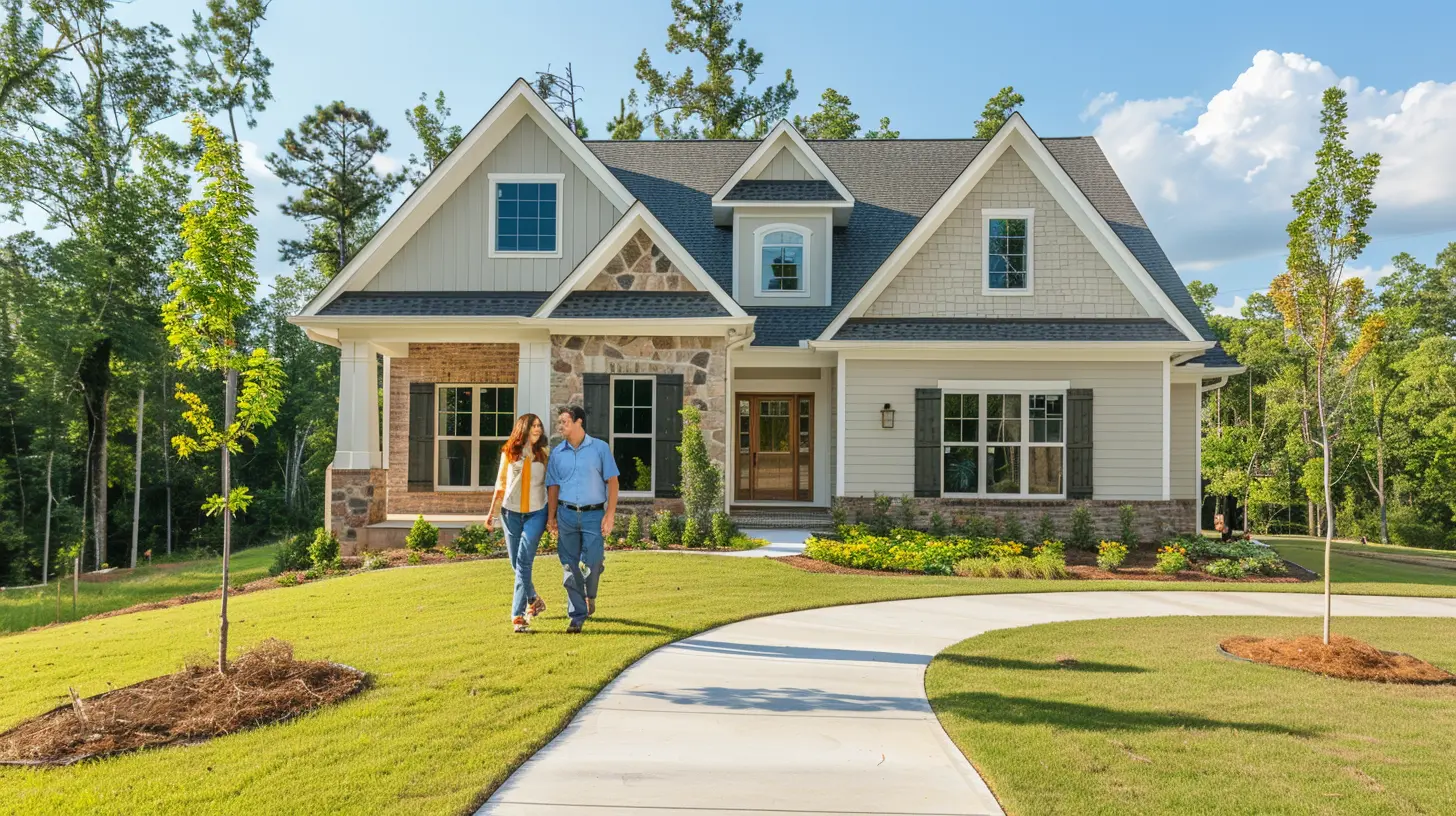
The Resale Value: The Long-Game of Homeownership
When we talk about resale value, we’re looking at how much your home will be worth (and hopefully sell for) in the future. It’s not a guarantee but more of an educated guess based on factors like location, market trends, home condition, and yes—your financial decisions during the buying process, including your down payment.But how exactly are the two connected? To answer that, let’s break it down step by step.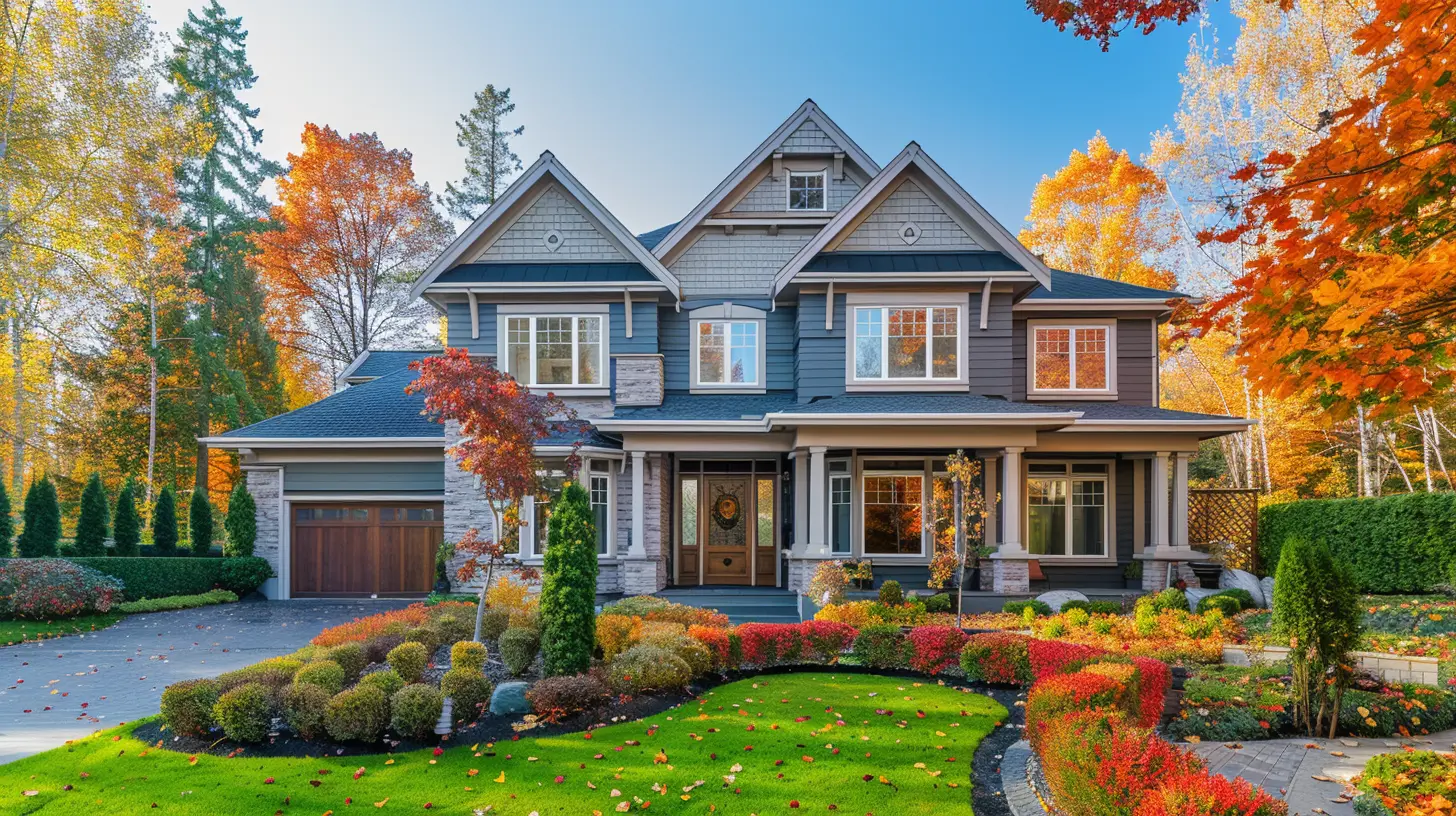
A Higher Down Payment Equals Less Risk (For Everyone Involved)
Imagine this: You’re buying a $300,000 home. If you scrape together a 20% down payment (that’s $60,000), you’re borrowing $240,000. But let’s say you can only manage 5% down ($15,000). Now, you’re borrowing $285,000. See the difference?Here’s where things get interesting. With a higher down payment, lenders see you as less risky. Why? Because you have more skin in the game. You’re financially invested in the property, which makes it less likely you’ll default on the loan. And if you do hit a financial snag, there’s a safety cushion for the bank when they resell the home.
But a higher down payment doesn’t just benefit the lender—it’s good for your wallet, too. Smaller loan amounts mean lower monthly payments and, drumroll, lower interest over the life of the loan. That’s more money staying in your pocket instead of disappearing into the ether of compound interest.
How does this connect to resale value? Well, we’re getting there.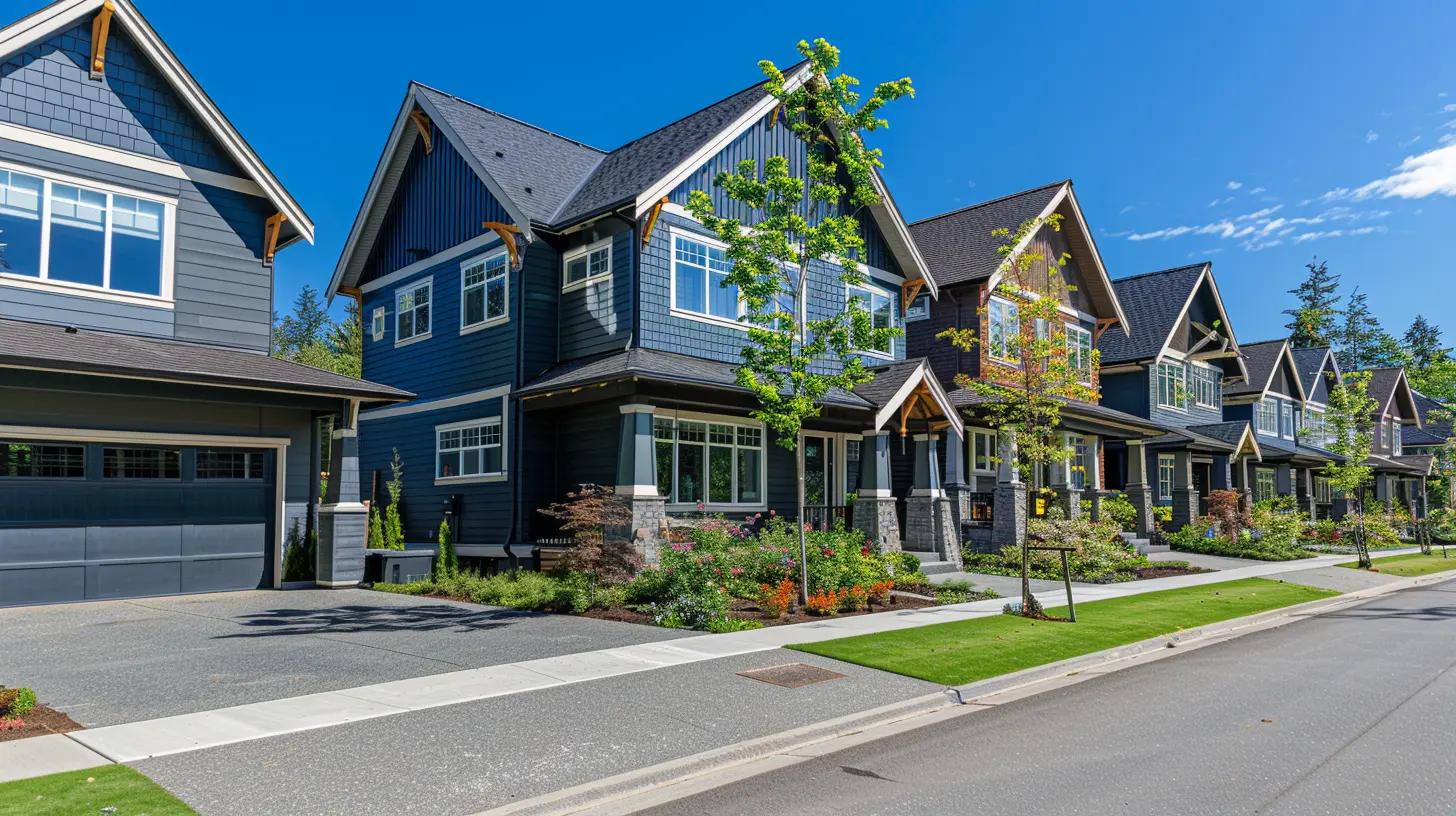
Equity: The Bridge Between Down Payments and Resale Value
When you put a larger down payment on a home, you’re building equity faster. Think of equity as your ownership stake in the property. The more equity you have, the more of the home is yours, not the bank’s.Let’s say home values in your area go up by 10% in five years. On that $300,000 home, you’re now looking at a resale value of $330,000. If you started with a 20% down payment, your equity has grown significantly, giving you more breathing room to price your home competitively when selling.
On the flip side, if you started with a tiny down payment and only built a small amount of equity, you might find yourself in a tighter spot. Closing costs, fees, and the need to pay off the remaining mortgage balance could eat away at your profits when it’s time to sell.
What Happens When You Skimp on the Down Payment?
Alright, let’s flip the script. What if you go minimal on the down payment? After all, who wouldn’t want to hold onto their cash for investments, home improvements, or even a much-needed vacation?Here’s the catch: A lower down payment often means higher monthly payments and additional costs like PMI. While that might seem manageable at first, it could impact your ability to make other investments in your home, like renovations or landscaping, which play a huge role in boosting resale value.
And let’s not forget market fluctuations. If home values dip and you’ve only put down a small percentage, you could end up underwater—owing more on your mortgage than the home is worth. Selling in that situation? Not fun.
The Domino Effect of Market Trends
Here’s another thing to consider: The real estate market doesn’t operate in a vacuum. Your resale value is tied to broader market trends, and your down payment influences how well you can weather those trends.For instance, in a hot market where home prices are rising, a larger down payment can help you stand out as a competitive buyer. Sellers love buyers with strong financial backing because it lowers the risk of deals falling through. And when you’re eventually on the selling side, that initial investment could translate into higher profits.
However, in a cooling market, the story changes. If you’ve got significant equity built thanks to your down payment, you have more wiggle room to adjust your asking price without taking a financial hit. It’s like having a financial safety net when things don’t go as planned.
The Tangible Versus Intangible Factor
Let’s get real for a second: Numbers always matter in real estate, but so does perception. A home that’s well-maintained and updated tends to fetch a higher price. And guess what? That’s easier to achieve when you’ve got financial flexibility—something a larger down payment provides.Think of it this way: If your monthly payments are lower because you put more down up front, you might have room in your budget for upgrades like a modern kitchen, energy-efficient windows, or fresh landscaping. These aren’t just cosmetic changes—they’re investments with the potential for a strong return when you sell.
But even beyond that, there’s an intangible element at play: confidence. When you’ve got a solid financial foundation, you’re more likely to make decisions that add value to your home, whether that’s sprucing up the curb appeal or holding out for the right buyer when it’s time to sell.
The Bottom Line: Balance is Key
So, is a bigger down payment always better? Not necessarily. It’s all about finding the right balance based on your financial situation and long-term goals. If you can comfortably afford a larger down payment without sacrificing your emergency fund or other priorities, it’s often a smart move. But if a smaller down payment gets you into a home and lets you start building equity, that’s okay too—just be mindful of how it could impact your future resale value.At the end of the day, think of your down payment as the first page in a much longer story. It sets the stage for how you’ll interact with your home financially, from monthly payments to eventual profits. And when it comes time to sell, don’t underestimate how that initial investment can ripple through your bottom line.

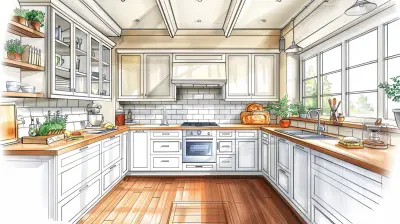
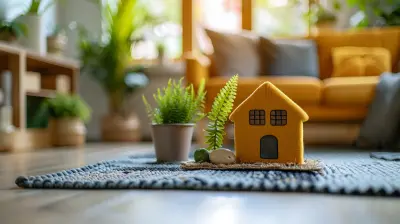
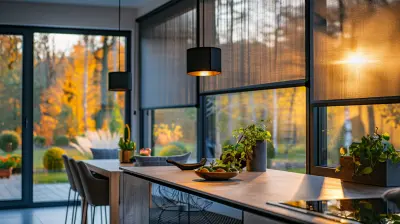
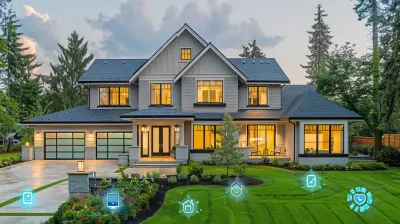



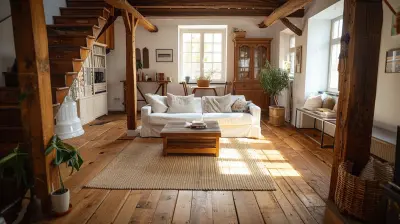



Arden McVey
Investment today shapes tomorrow's value perception.
February 12, 2025 at 12:51 PM